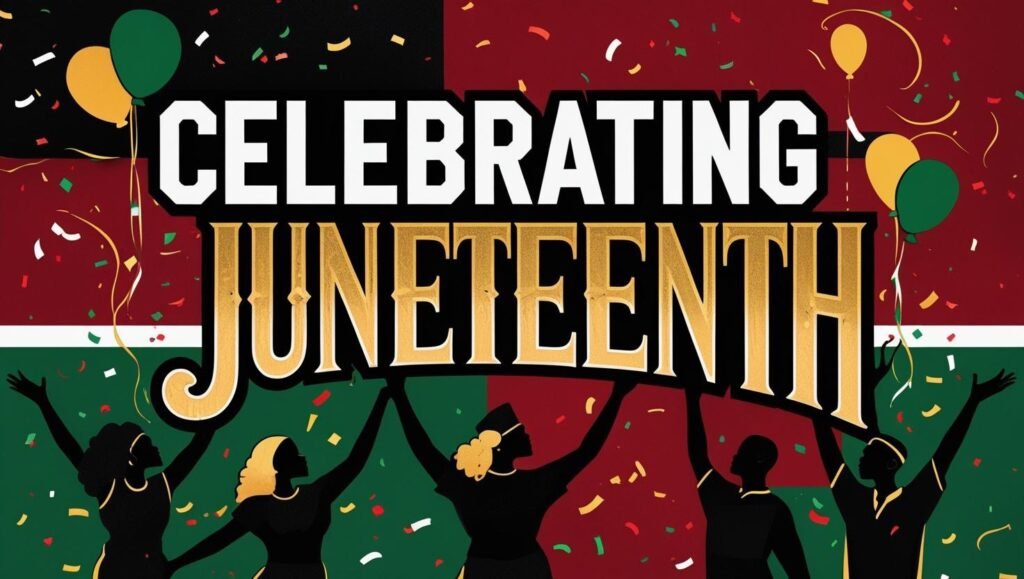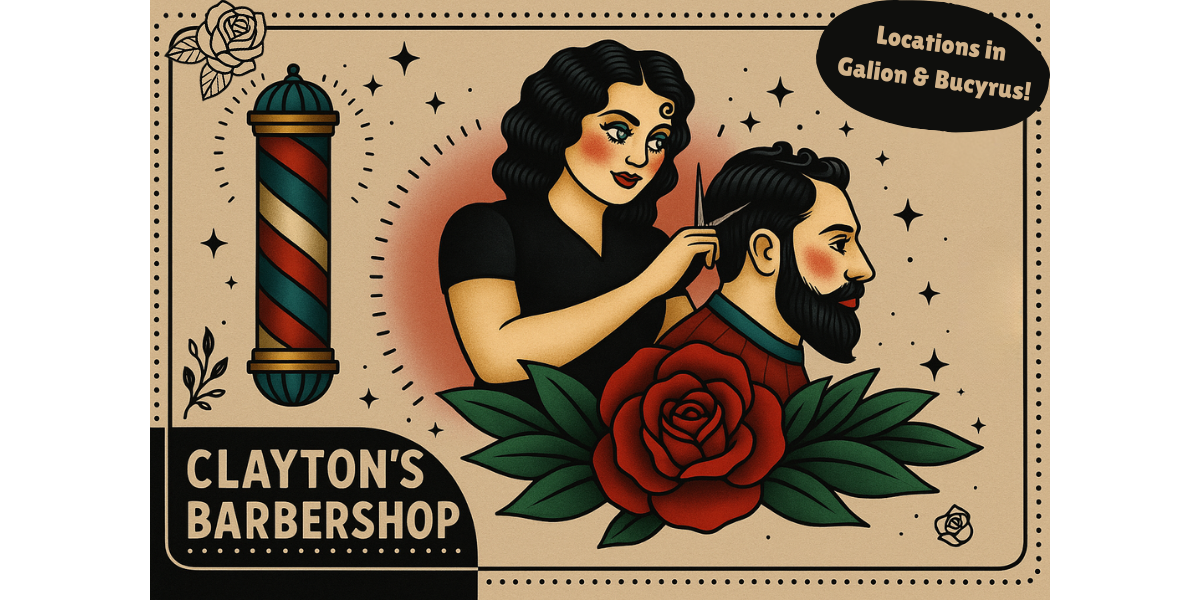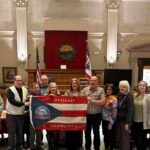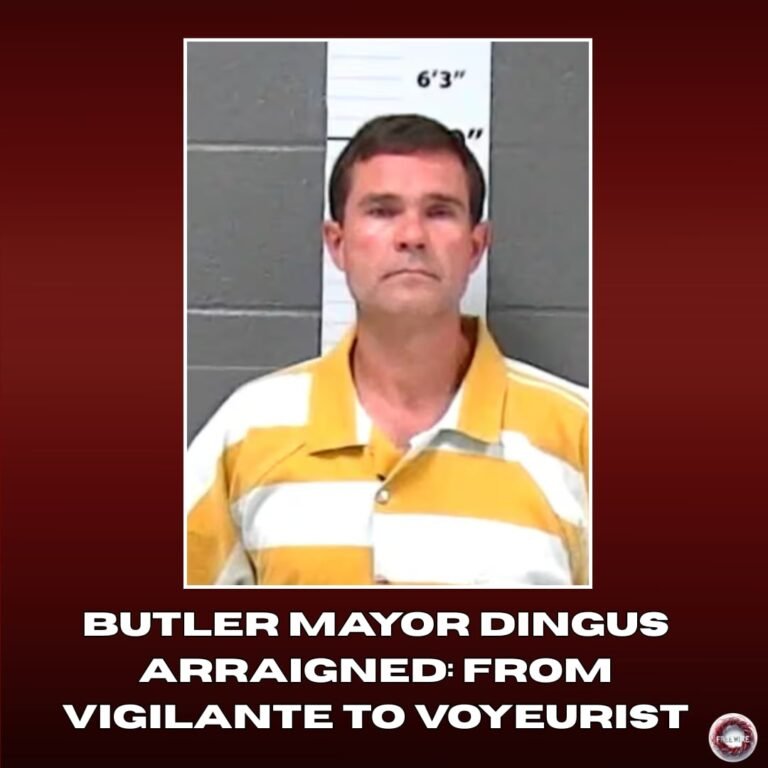By April Rodgers, Content Coordinator | FreeWire—Your News, Your Voice

If the banks were closed today or your mail didn’t show up, there’s a reason: the nation is observing Juneteenth—a federal holiday now in its fourth year. But while the official recognition is recent, the tradition itself is far from new.
Juneteenth dates back to June 19, 1865, when Union Major General Gordon Granger arrived in Galveston, Texas, and issued General Order No. 3—informing the last remaining enslaved people in the Confederacy that they were free. Though President Abraham Lincoln had signed the Emancipation Proclamation more than two years earlier, it had gone largely unenforced in Texas until the Civil War ended and Union troops arrived.
The following year, formerly enslaved people began observing June 19 as Jubilee Day, marking their freedom with church services, family gatherings, music, and reflection. Over generations, the observance became known as Juneteenth, and it gradually spread across the country—especially as Black families carried the tradition with them during the Great Migration.
In 2021, President Joe Biden signed legislation making Juneteenth a federal holiday, placing it alongside Independence Day and Martin Luther King Jr. Day as a national recognition of liberty and civil rights.
Juneteenth does not replace any other federal holiday; instead, it stands on its own as a day to commemorate the end of slavery in the United States—and to honor the strength, endurance, and contributions of Black Americans throughout history.
For those celebrating at home, personal fireworks are legal in Ohio on Juneteenth between 4 p.m. and 11 p.m., adding a festive note to evening cookouts and gatherings.
As communities gather across the country—from backyard celebrations to public events—Juneteenth reminds us that freedom is not just a chapter in the past, but a story we continue to write.
Whether you reflect, rejoice, or raise your voice in poetry or song, June 19th is a day to remember that history lives on—not in textbooks, but in the people who carry it forward.























